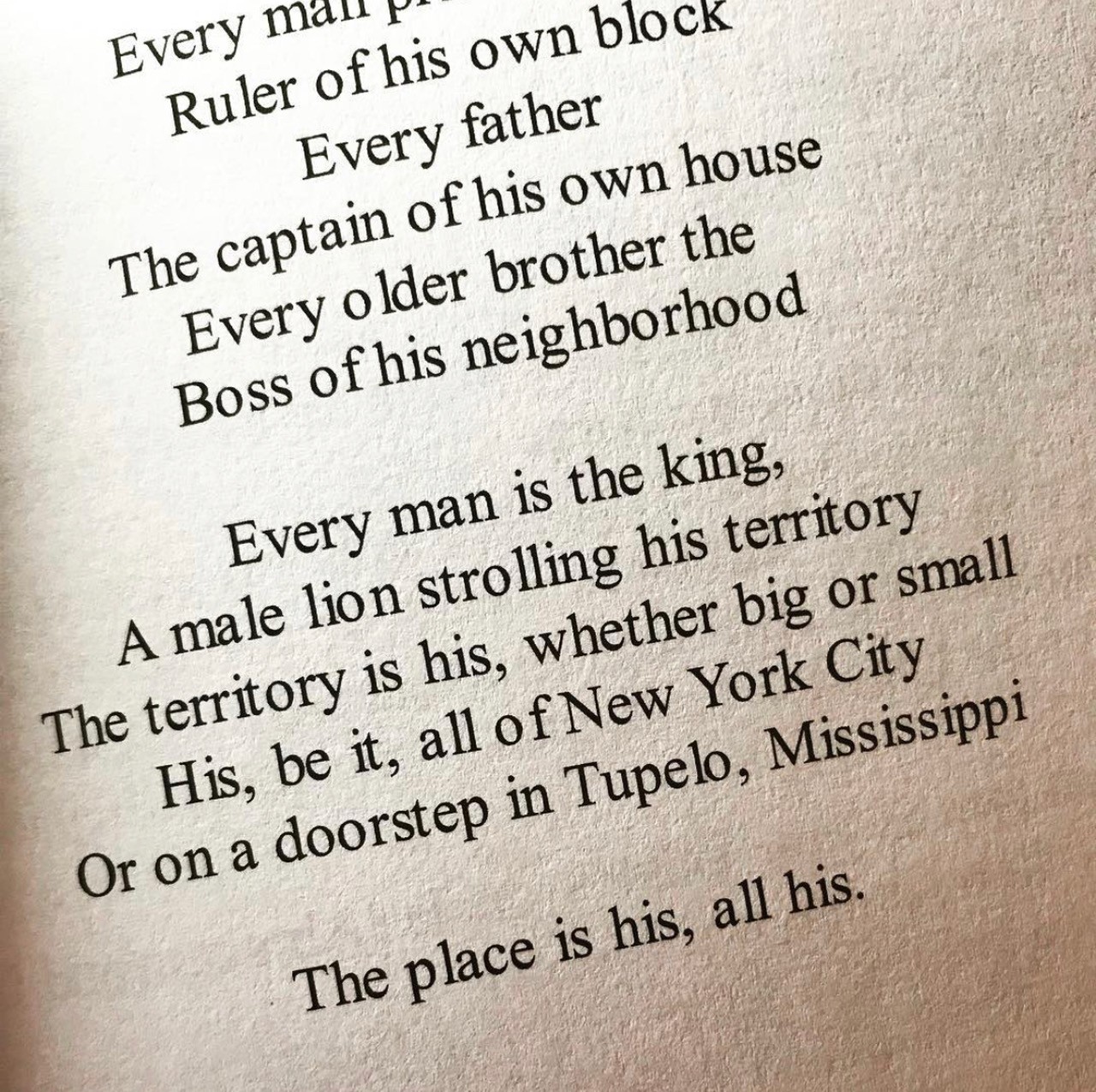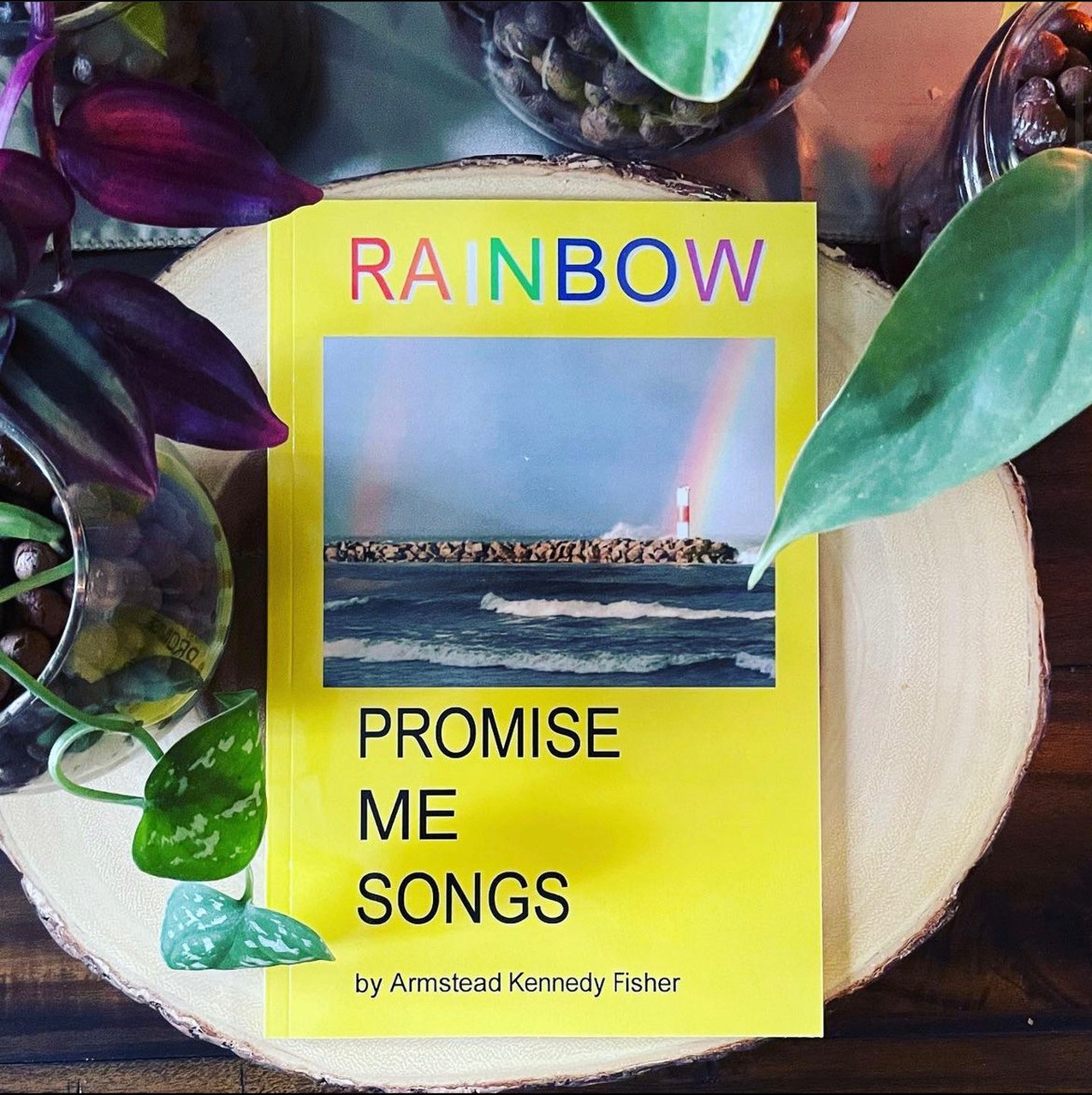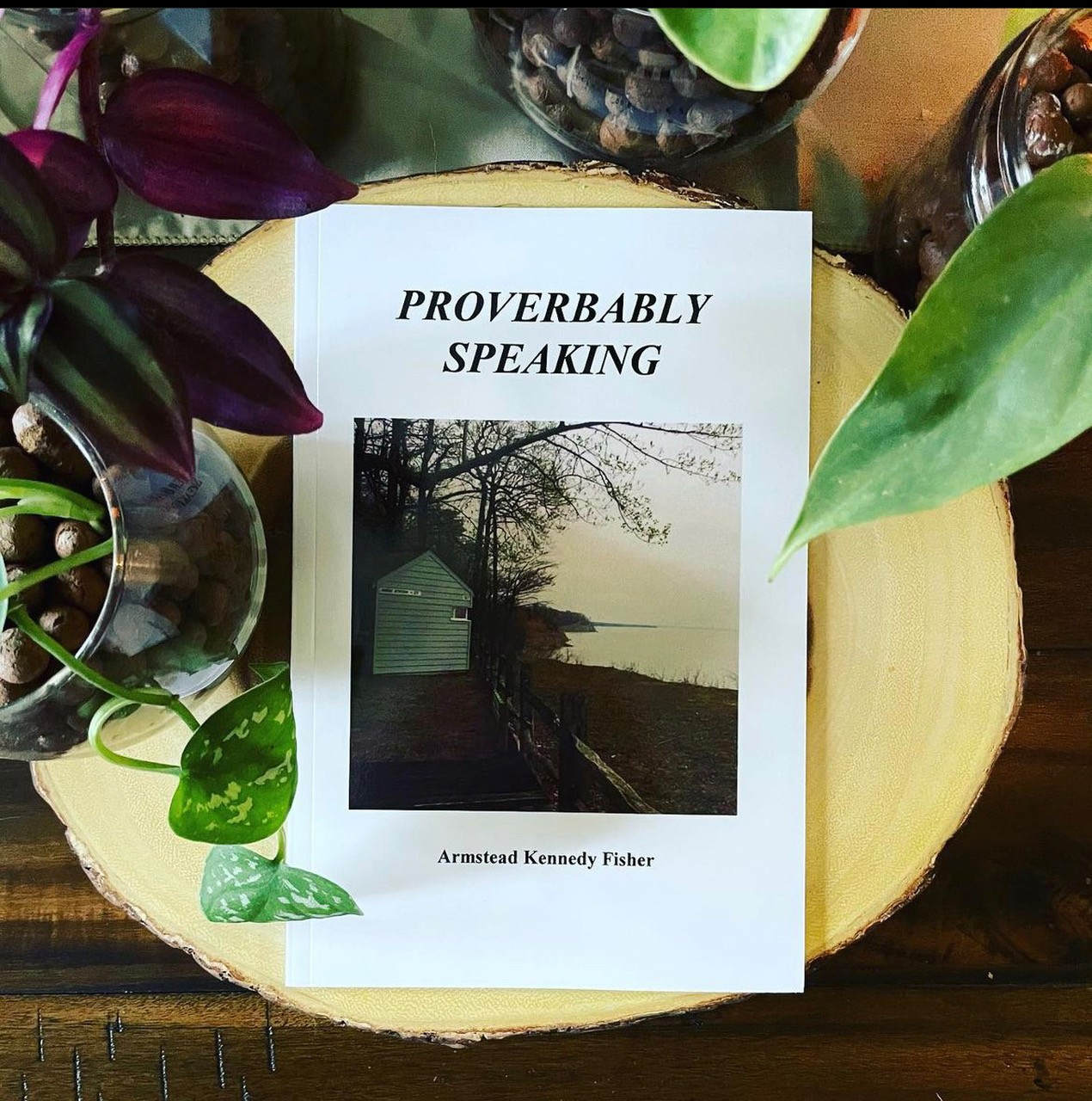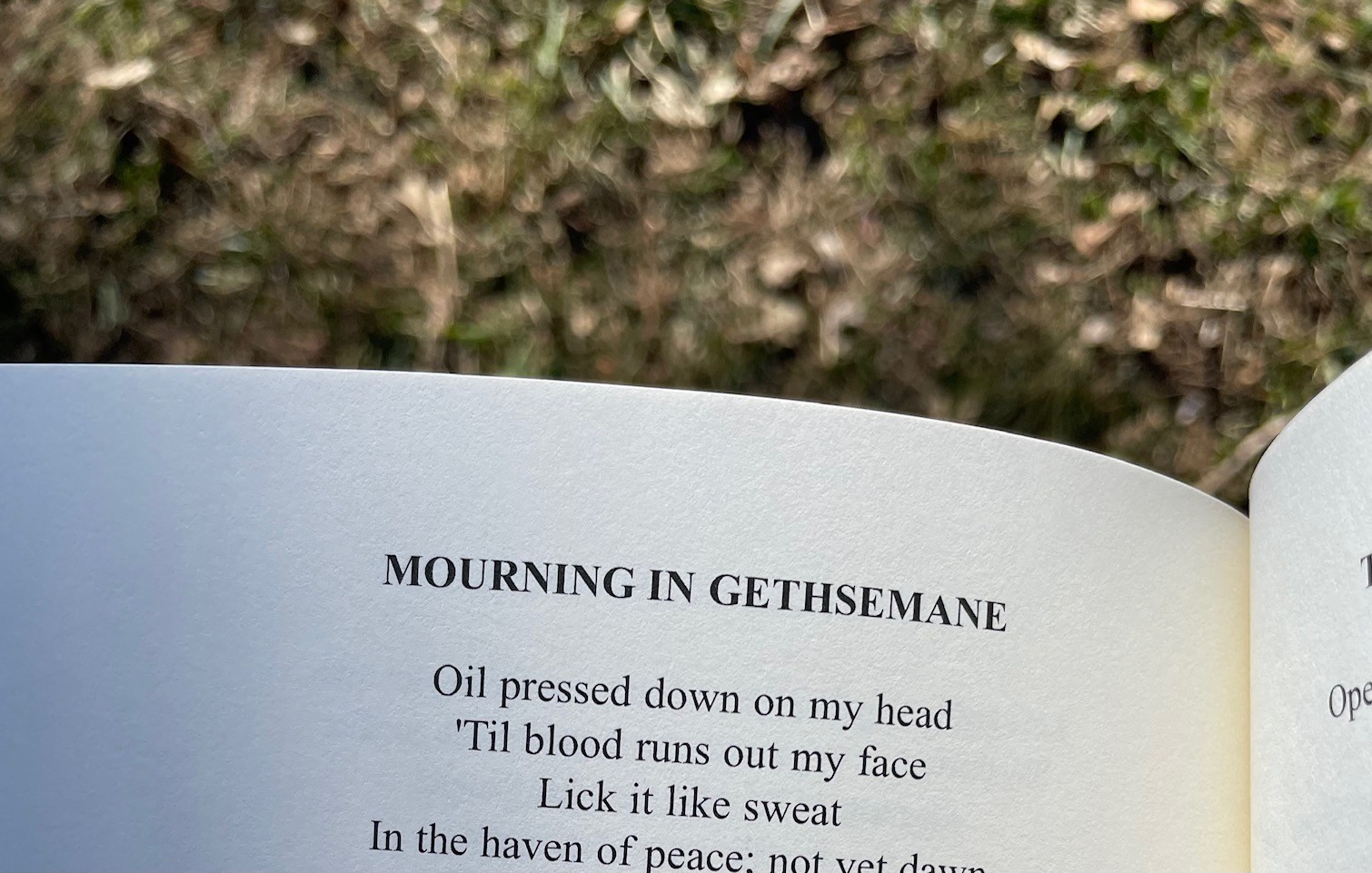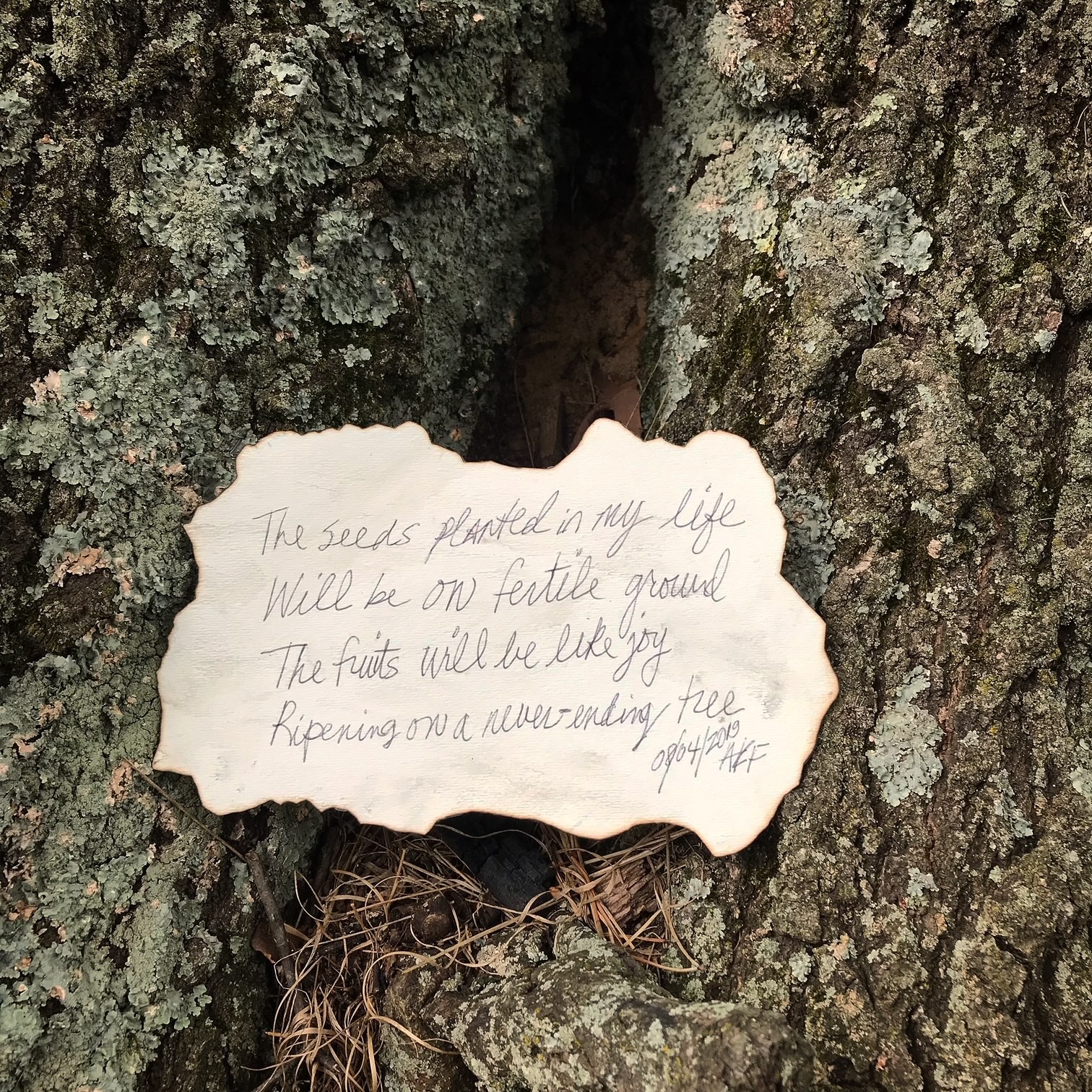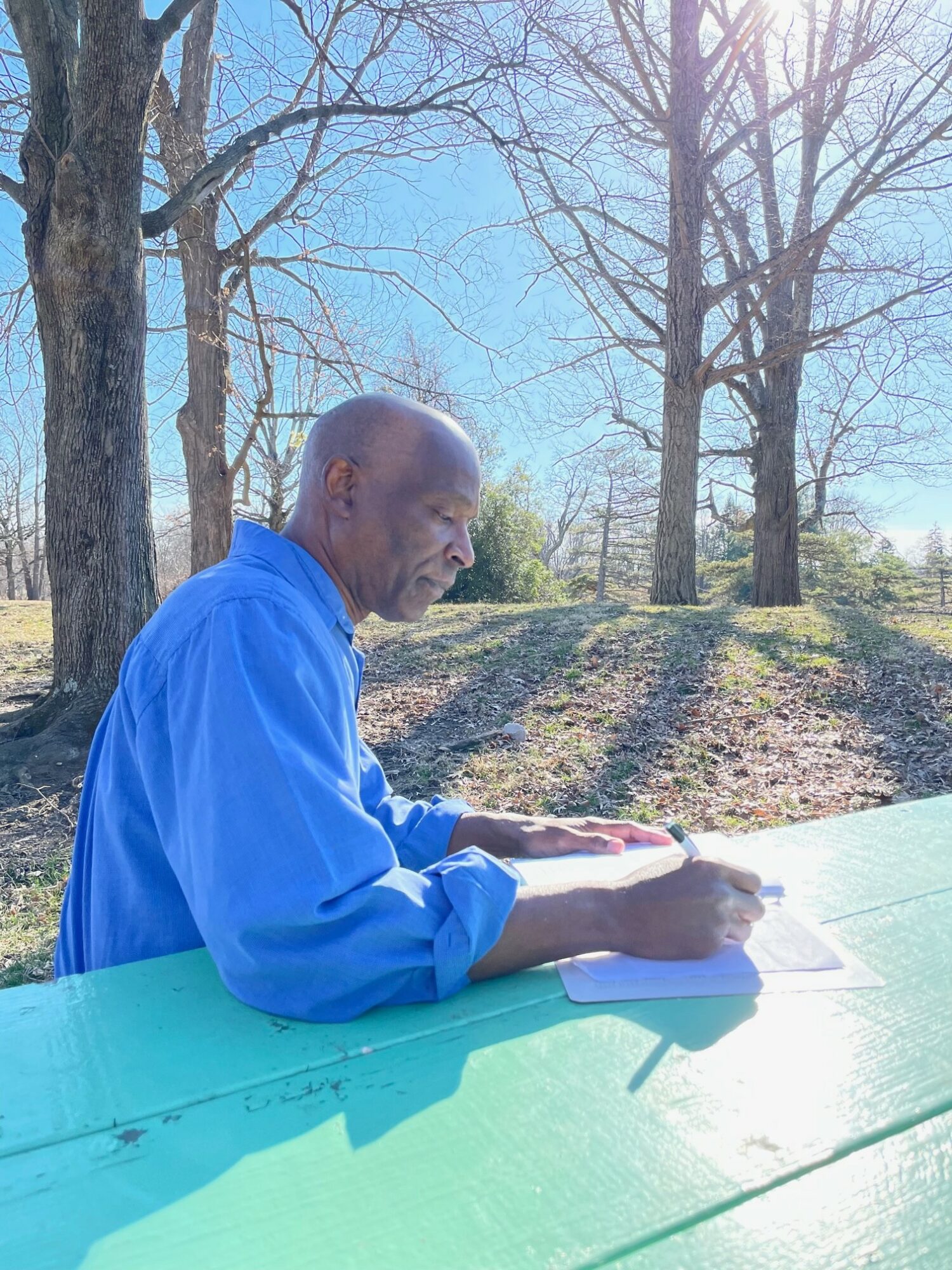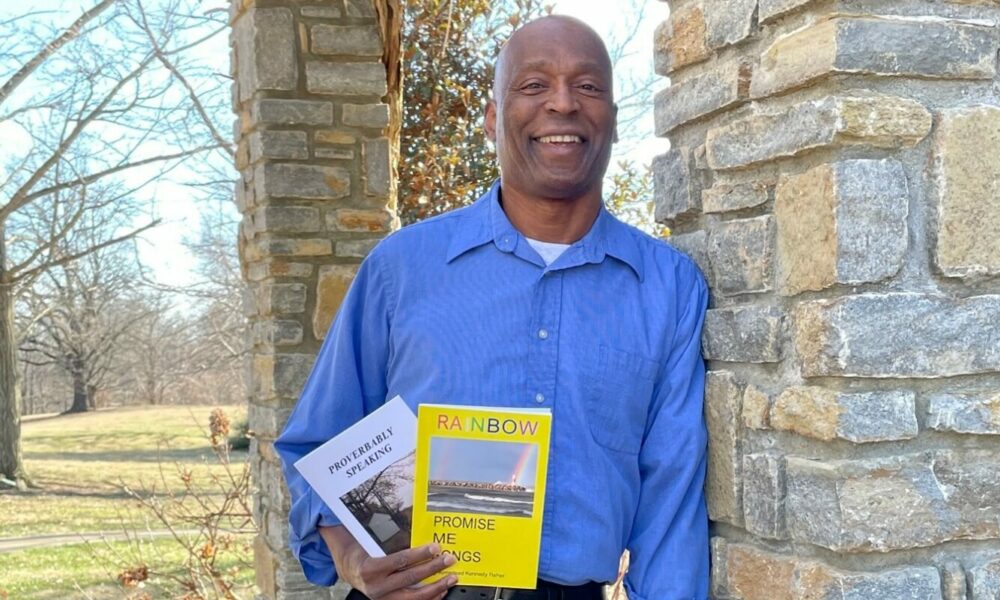

Today we’d like to introduce you to Armstead Fisher.
Hi Armstead, thanks for sharing your story with us. To start, maybe you can tell our readers some of your backstories.
Since 5th grade, I have always written stories, and even before then, I was a born storyteller, appealing to the elders in my community. The first poem I remember writing was titled “Sunshine” – I was around 10 years old. Being a native of Richmond, Virginia, that same year, I decided to write my first grade-school essay about another Richmond native – the famous tennis player Arthur Ashe. I chose Arthur Ashe because he was also African American and experienced a lot of racism, segregation, discrimination, and abuse, yet he still persevered and excelled. Arthur Ashe was also incredibly intelligent, but he realized that attending full-time college wouldn’t be conducive to his full-time tennis career. I used his academic journey to structure my own – I had already realized that traditional education may not be the best route for me, either. Even as a 5th grader, I was already coming up with alternative ways to learn.
I was not always a faith-based storyteller – so how did I start my journey writing faith-based poems and stories? October 7, 1999, was the last time I used heroin, crack cocaine, and alcohol. That night, I entered Eagleville Hospital, where I would rehab for 45 days. I was residing in the Philadelphia area at the time, but it was customary for my brother and I to take the trip from Pottstown, Pennsylvania to Virginia for Thanksgiving dinner. While dining at my mother’s for Thanksgiving in late November 1999, I blurted out amongst my eight siblings and my mother, “I’m going to New York and write a book!”, infuriating one of my older brothers. That was the genesis of me becoming a poet and introducing my poetry to the world.
Why faith-based and not normal poetry? After the Persian Gulf, I left the Washington, D.C. area and was driving to Pennsylvania. I was pulled over by the police and the car was impounded, and I was left on the side of the road with my very young children, the youngest being six weeks old. Their mother was arrested, leaving me alone with them. A traveling minister passed by with about eleven deaconesses. He got out of his van to get gas and saw me sitting on the sidewalk with the children. He asked me what happened, and I told him that the police took my car and put me out on the street. He went back to the congregation on his bus and took up a collection for me.
My six-week-old child was born addicted to drugs and was crying 23 out of 24 hours each day. While I was having to rear them as a single parent, my urge to use drugs was taken away for about a four-week period. This allowed me to have time to better observe my interactions with God.
Would you say it’s been a smooth road, and if not, what are some of the biggest challenges you’ve faced along the way?
Doing what you love is not a challenge, and what I really love is doing the Will of my Father. Another part of what I love is to present a message through my writings and providing a service to others.
Just staying clean in my early recovery was a bumpy road – that was an immediate challenge. The real challenges I’ve faced are living life on life terms with society’s institutional demands. The most difficult thing for me was people recognizing that my past discretions were just that – in the past! And learning how to forgive me for those faults. For instance, it took 16 years for me to get my driver’s license back. Imagine raising two sons, walking through three feet of snow in Syracuse, New York to get groceries or to get to college – all with no vehicle or license.
Poetry is a creative endeavor. Most of my challenges have been societal challenges. Of course, being a full-time writer would seem to be preferable, but think about it – that could also make you stale. Since I had to work to feed, clothe, and shelter myself and my children, I was glad that my first job upon entering sobriety was as a counselor for military personnel and veterans. My time and experiences with them provided me with plenty of stories to write and tell.
I have also found that faith-based pursuits have a way of turning your struggles into triumphs while using your lessons learned through enduring obstacles to help you prosper. Poetry, especially faith-based poetry, is not the challenge – it never has been.
Can you tell our readers more about what you do and what you think sets you apart from others?
I write and publish poetry, and my most common style is freestyle poetry. I’ve performed my poems and stories in the past in New York and Virginia. I was also featured on the local news while in Bath, New York.
I’m most proud of my twenty-three years of sobriety and being chosen to write faith-based poetry. I’ve copyrighted four books to date and currently have two available on Amazon. My first book, Rainbow Promise Me Songs, was written in the early 90s, but after the Persian Gulf War, I was pulled over by an Alexandria, Virginia policeman when leaving the Fort Belvoir Army Base. All of my writings were in the trunk of my car, along with my top-secret clearance from the Army. My car was impounded, and I wasn’t allowed to retrieve my contents. I had to rewrite the entirety of Rainbow Promise Me Songs again from memory. So please, read it!
I’m proud that I was able to raise my two sons as a single parent, copyright four books, have two trademarks, graduate with a Bachelor of Social Work from Syracuse University and a Master’s in Social Work from Binghamton University, help military personnel and veterans – all while maintaining successful sobriety. My experiences have provided me discipline and taught me to persevere.
As I mentioned before, faith-based pursuits have a way of providing a route to succeed. What you need to know about my company, Holyfish Publishing Company, is the design model is not specifically profit-oriented. My company’s primary mission is to use the writings and books to reach people of all nations and to carry this message to all the ends of the earth for the Glory of God.
If we knew you growing up, how would we have described you?
As the youngest of eight, I was always inquisitive. I would take the lessons learned from both my mother and my father, along with my older siblings, and do the things that worked for them. But I made sure not to repeat the things that didn’t work for them.
At that time, I was always seeking knowledge more than seeking wisdom. But I was always trying to learn as much as I could. My grades were always top of the class, but I was a disruptive student in grade school. I started to rack up school suspensions the same year I wrote “Sunshine” (the 5th grade), but I think I know why I was acting out.
I wasn’t being challenged enough. The teachers weren’t challenging my academic curiosity enough. I wanted to learn much more than they had to teach me. It’s a good thing I wasn’t seeking wisdom at that time – they couldn’t even teach me enough knowledge, let alone enough wisdom.
At home, I was rambunctious. I recognized early, from observing older people (my mother, father, and siblings), the power of persuasion. I realized even at young age that you can shape your environment and manifest from others your own healthy entitlement.
Contact Info:
- Website: https://a.co/d/bSoVYc8
- Instagram: https://www.instagram.com/holyfishpublishingco
